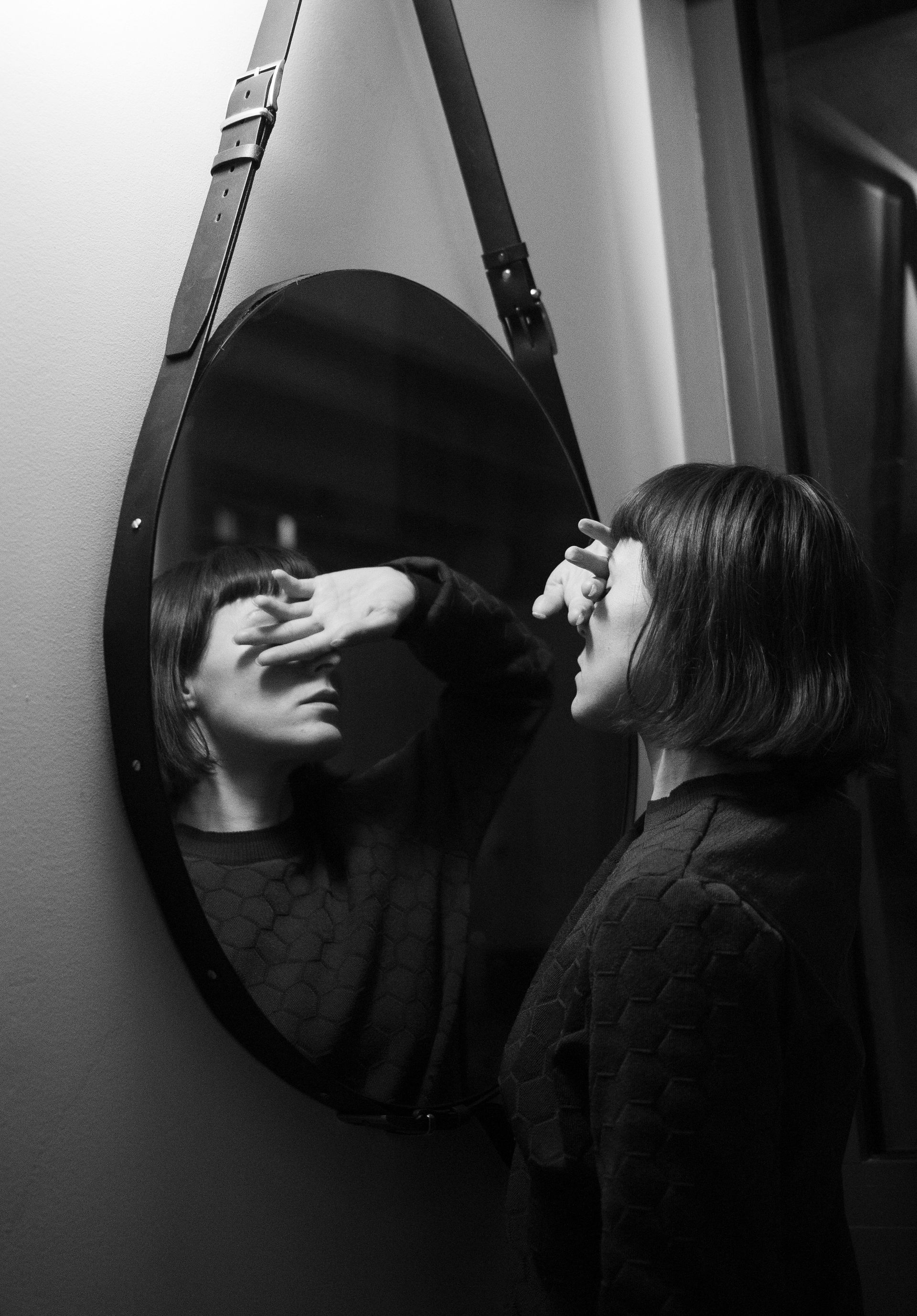By: Sharon Heckathorn, LIMHP
What I Wished More Women Talked About
Making the transition into motherhood is an exciting time for many women. But along with that transition can come many stressors as well. No matter if you are a first time mom or are adding another baby to your family, many women struggle during the first few weeks after they give birth. It is estimated that 50%-80% of women struggle with baby blues. Yet, many women feel like this is something that they need to hide or feel conflicted about sharing their struggle with others. This is part of the reason that I am so passionate about helping women during this tender time. I also work with many of their partners in learning how to support their significant other or deal with their own struggles during this transition.
You might be wondering how do I know if I or someone I love has baby blues or postpartum depression? Baby blues typically develop in the first two to three days after delivery and generally last for up to two weeks. Symptoms can range from mild to severe. Things to look for would include:
*Mood Swings
*Anxiety
*Sadness
*Irritability
*Feeling overwhelmed
*Crying
*Reduced concentration
*Appetite concerns
*Sleep problems (too much or too little)
Postpartum depression has many of the same symptoms but the duration and intensity are more severe. Women can even begin to develop depression even while they are still pregnant. They are at an increased risk if they have a history of depression or have a family history of anxiety or depression. Other increase risk factors could include stressful events such as parenting solo, financial concerns, stress with their significant other, trouble breast feeding, caring for multiples, or having a limited support system.
So when might it be time to seek professional help with a doctor or therapist? If your symptoms appear to be increasing in severity, persist past two weeks, or if you have any of the following you should consult help right away:
*Thoughts of harming yourself or your baby (suicidal thoughts/feelings)
*Depression that is making it difficult for you to care for or connect with your baby
What are the risks of not treating this disorder? One of the major concerns of not treating postpartum is that it can interfere with bonding that needs to happen between a mother and her child. Children that have not had healthy attachment to their parent are more likely to have emotional and behavioral problems. They are also at an increased risk for delays in their development such as in the area of language. The risk for mothers is that they can develop a chronic depressive disorder or put them at an increased risk for emotional concerns in the future.
What I hope this post will communicate is that baby blues and postpartum depression are very common. I only wish that more people would talk about it and share their experiences so that mothers would not feel so alone. If you or someone that you know could benefit from support or if you have questions, please don’t hesitate to e-mail or call me.
Sharon entered into her career by working with foster care children and families. During her early years of practice, she treated children with a wide variety of mental health disorders and significant trauma. Her background and education as a licensed social worker allowed her to expand her career to treat adults as well. During this phase of her career Sharon gained a passion for assisting adults during some of their most vulnerable transitions in life. This passion paired well with her early work in treating children realizing that often you need to have a wholistic approach to have the best treatment outcomes. Sharon has enjoyed the last several years as the Associate Clinical Director for a community mental health care center. In this role, Sharon continued to treat adults and children while training clinicians with all that she learned during her more than 14 years of experience. Her most recent transition into private practice has allowed Sharon to focus on client populations that she feels best equipped to help as clients seek a place to find renewed hope.
The post Post-Partum Depression or Baby Blues? appeared first on Focus Therapy.











